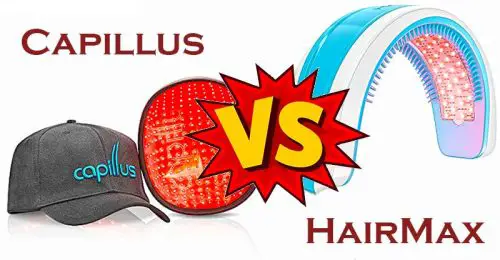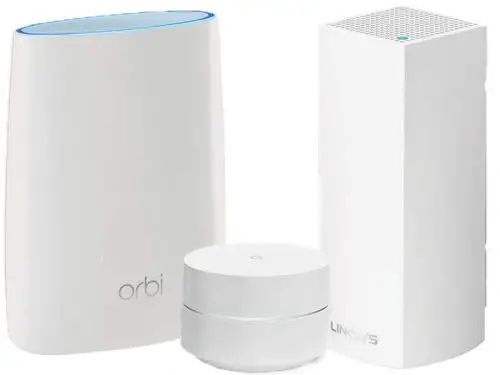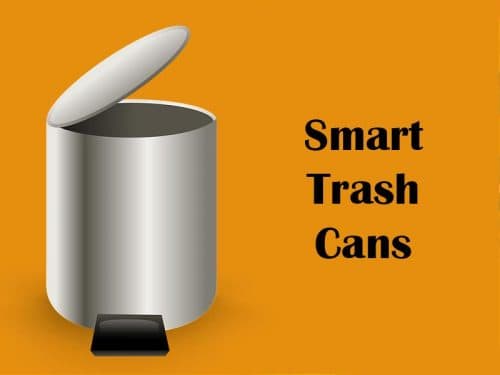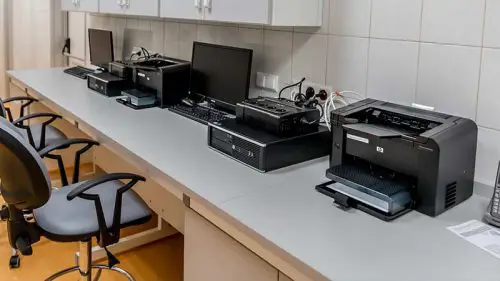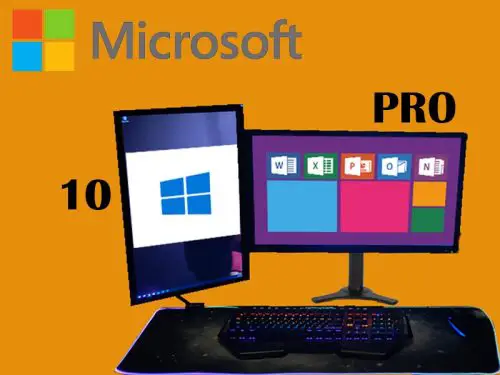Cash Out Refinance Vs Home Equity Loan: If you’re looking for ways to change the value of your home into funds then this article is just for you. The funds you obtain can be used for various purposes such as paying off debts, home improvements, or investing in any projects.
There are three main methods to accomplish this task which are home equity loans, cash-out refinances. In this piece, we will describe and differentiate each of these terms so you have all the knowledge you require to make a well-informed decision.

Inspiring your journey, one story at a time. #LifeFalcon.
Table of Content
What exactly is a Home Equity Loan?

In the simplest terms, a home equity loan is a kind of like consumer debt. Also known as a second mortgage, or an equity loan, this enables homeowners to borrow against the equity present in their home.
Using the difference in the values between the homeowner’s mortgage balance due and the home’s current market price, the amount of the loan is calculated and the amount of these loans is typically fixed.
How does it Work?
A home equity loan is quite similar to a mortgage consequently why it is often referred to as a second mortgage.
The value allowed to be borrowed depends on the combined loan to value ratio of about 80 to 90 percent of the appraised value of the home. The homeowner’s credit score and previous payment history dictates the rate of interest to be charged and the actual value of the loan itself.
This is a good method of converting the built-up equity of your home into funds, a wise decision would be to use some of the funds you receive to cover home renovations which in turn would increase the overall value of your home.
Generally, home equity loans have a regular repayment course and the homeowner makes fixed payments to cover both the interest as well as the principal amount.
If the borrower fails to pay off the loan then the home can be legally sold to pay off the leftover amount, as in the case of mortgages.
Cash out refinancing and it’s working

A cash out refinance allows you to gain a fresh home loan for a value that is larger than the one you owe on your home in place of your present mortgage.
You acquire the difference between the home’s appraised value and the balance of your mortgage in cash.
You can spend this amount on any of your financial requirements however if you want to opt for cash out refinancing then you need to have some equity built up on your house.
It is useful to know that a cash-out refinance has somewhat higher interest rates than traditional refinancing because of a larger loan amount.
The cash outs in this case have a limit of 80 to 90 percent of the equity of your home.
The Difference Between Both
The primary and most important difference between home equity loans and cash out refinancing is that while a home equity loan is basically a second mortgage besides your existing mortgage, cash out refinancing replaces your mortgage entirely.
This means in regards to cash out refinancing you only have to manage a singular loan payment which is easier to keep track of.
Cash out refinancing also generally has lower interest rates than a home equity loan and is less expensive in the long run.
It is also essential for a homeowner to know that cash-out refinancing might require closing costs and other fees since you completely change your loan type. Plus, any closing fees for home equity loans are typically lower.
Pros and Cons of Home Equity Loans
Here are the pros associated with home equity loans
- They provide a secure and relatively easily obtained source of cash which can be a lifesaver for responsible homeowners. If you know for sure that you will be able to pay off the loan and interest then home equity loans are a practical decision.
- A home equity loan is simple for people to obtain and it’s a secure debt.
- The interest on home equity loans is comparatively lower than that associated with a credit card or any other buyer loan types.
As with all things, there are a few cons that come along with home equity loans that one must consider such as
- Home equity loans may be the ideal solution for efficient homeowners but not for people who aren’t very practical with their spending habits. As they have a tendency of getting trapped in a vicious cycle of borrowing and spending, these borrowers may only get trapped in a deeper hole of debt. This is such a common occurrence that there is a term for it now, known as reloading.
- There is always a temptation of borrowing more than one actually requires to function when applying for one of these loans. You won’t know if you’ll ever qualify for another loan in the coming years as you can only get this payout once. The line between rational spending and ending up on the verge of bankruptcy or foreclosure can be very thin.
Risks Associated with Home Equity Loans
One must always be aware that if you decide to opt for a home equity loan you are putting your home on the line.
If the value of real estate decreases due to any reason then you will very likely end up owing more than the actual worth of your home.
If you need or desire to move, regardless of the reason, then it’s possible that you will lose money on the sale of your house or are unable to move entirely.
Before you decide to take this decision, weigh out all your options very carefully.
Pros and Cons of Cash out refinancing
To form a clearer image of Cash out refinancing we have laid out its pros and cons. Let’s start with the pros below
- Lower interest rates are a popular reason as to why people opt for cash out refinancing. Cash out refinancing offers a much lower interest rate in comparison with other options like a home equity loan or a home equity line of credit.
- If done responsibly, you can utilize the funds you obtain from cash-out refinancing to pay withstanding high-interest credit cards which will save you quite a lot in the long run.
- If you use the funds obtained to improve or renovate your house then mortgage interest deduction, or basically task deductions, might be available for you. Who doesn’t like lower taxes?
- You can actually build up your credit score by paying off credit cards using the cash you obtain. This works by lowering the amount of free credit you are using.
Here are the cons of cash-out refinancing
- As previously mentioned, there is always a risk of foreclosure. Beyond this, another noticeable danger is the fact that your mortgage will have completely new terms. These terms will be separate and varied from your previous or original loan. It is crucial to read over each and every detail regarding fees and the interest rate before signing any legal document. So, pay attention to the fine print.
- There will be closing costs associated with a cash out refinance so make sure the savings are worth more than the costs. These can be 2 to 5 percent of the mortgage.
- You will be legally obliged to pay for private mortgage insurance if you borrow more money than 80% of your home’s worth.
Risks Involved with Cash out refinancing
As in the case of home equity loans, you are putting your home on the line.
Since your house is the guarantee for all kinds of mortgages, you will have to face the risk of losing it entirely if you can’t keep up with the payments.
It is unrecommended to opt for cash out refinancing is to pay off credit card debt as you will be paying off an insecure debt with a secure one. This is a very unwise move because you might lose your home.
Other Options for Homeowners
Since this is a major decision for any homeowner, you must be informed of all the options available.
An option quite similar to a home equity loan is a home equity line of credit, this is also like a second mortgage but it requires an added monthly payment.
Another difference is that you can borrow the amount you need as the draw period is going on rather than receiving all the money at once.
Afterward, during the repayment period, you have to pay back the amount that you have borrowed along with the interest charged.
A home equity line of credit typically comes with an adjustable rate, rather than a fixed rate as in home equity loans, hence your monthly payment value varies.
What Option should you Choose?
Each person’s situation in life is unique, as are their needs and reasons for requiring a cash out refinance or a home equity mortgage.
This is why it is a good idea to consult a mortgage specialist that can assess your situation accurately from a third person and professional perspective.
A professional point of view into your situation will help you understand exactly what different options mean for you and which one is the best fit for the situation.
However, there are a few ways to deduce this yourself as well as you possibly can.
You need to ask yourself, why exactly do I need this money?
If the answer is a planned expense like paying for college or renovating your home then a cash out refinance is better suited for you. Using a cash out refinance to pay for a cooler car or vacation is unwise as you’ll practically have little to no return on your investment. It is also a more suitable option if you can acquire a good interest rate on your loan.
However, if it’s just to create a safety cushion for any unforeseeable problems then home equity will serve you far better.
Another question you should answer is do you have the ability to pay it off in the next few months?
Because for a long-term plan, cash out refinancing is more appropriate. Although it has a higher cost in the beginning compared to home equity loans, cash out refinancing has a lower monthly expense.
This makes it more affordable in the long run. So, if you really believe you are fully capable of paying off the loan within six months, keeping your job and financial status in mind, then opt for a home equity loan.
This will allow you to save quite a few bucks on upfront costs.
